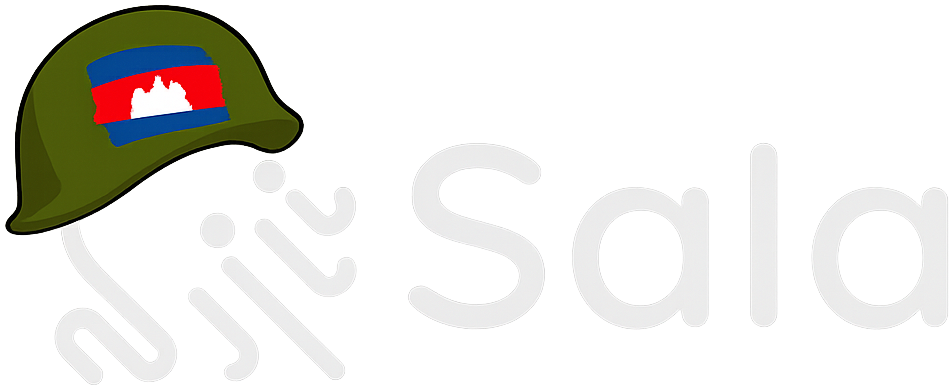Discovering from external sources
Holland Questionnaire
Read the description of the points that correspond to the results of your questionnaire after you have finished answering the questions. Some individuals have two or three similar tendencies or are more inclined toward one type of work.
Instruction
- 8 - 15 minutes
- 72 Questions
Description
The Holland Test comes from the "Holland Code", a personality code created by psychologist John Holland. Based on this code, he divided the personalities into six groups and defined the professions that are according to each personality.
The test will help you to recognize the dominant traits of your personality, your aptitudes, and your affinities and inclinations in the professional field.
The test consists of 72 questions related to your preferences, which you must answer using a scale from 1 to 5. At the end of the questions, you will find the 6 types (Realistic, Investigative, Artistic, Social, Enterprising, Conventional) of personality and the percentages of affinity to each one. After seeing the result, you will be able to compare the careers compatible with the personality that predominates in you (the personality with the highest score).
It will take about 20-30 minutes to complete, but the timing isn’t important here because you won’t be timed. You should take as long as you need — the time you take to finish isn’t taken into consideration in your final results.
Taking the assessment can be the first step in finding success and satisfaction at work. Here are some examples of possible three-letter personality codes with suggestions for career direction:
- SEC: If someone discovers they're social, enterprising and conventional, they might benefit from a position in sales. This profession would allow them to communicate with others, act as a leader and work with numbers.
- RIE: A realistic, investigative and enterprising professional might leave a desk job to explore a research position. They can find more fulfillment in this role because of the hands-on work and problem-solving opportunities.
- ASE: Someone who is artistic, social and enterprising can leverage their creativity and empathy in their career. For instance, they might work as a graphic designer for a nonprofit that advocates for social change.
- ISC: People with this code are investigative, social and conventional. They think deeply about social problems and value order and structure, meaning they often thrive in fields like health care.
